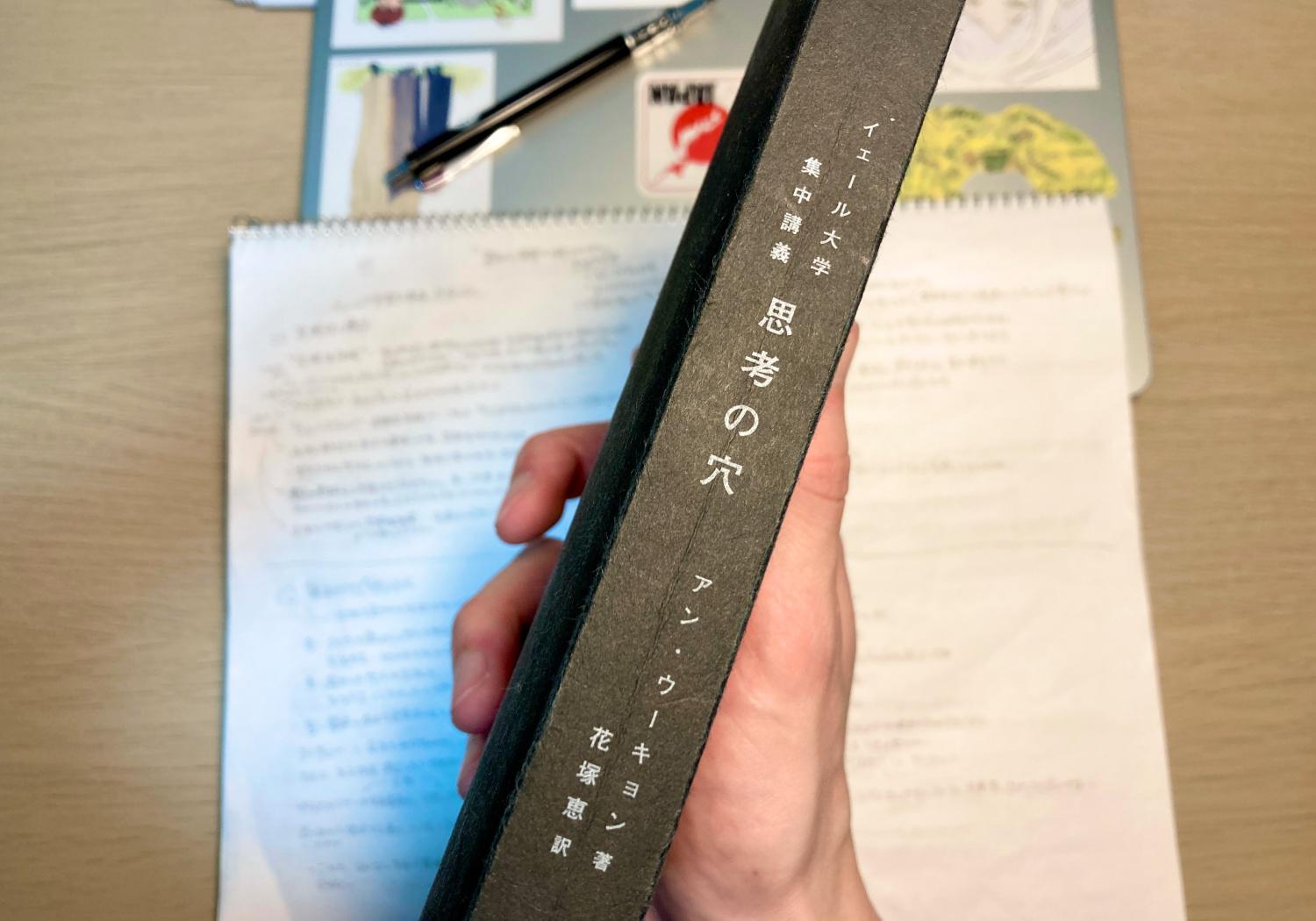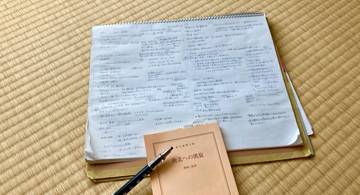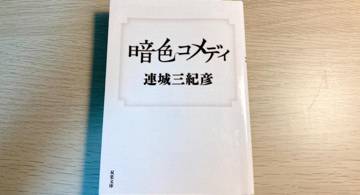Overview

There's an acquaintance I don't interact with much. He's a businessman, quite different from my usual crowd. We had a rare opportunity to chat, so I asked him for a book recommendation.
My reading policy is eclectic. I avoid sticking only to books I like and try reading others' favorites as well. That's why recommendations from people I seldom interact with are precious.
He told me, "This one was interesting." Here’s a summary and my thoughts.
Summary
- Dr. Woo-Kyoung's goal is to "make the world better through cognitive psychology." This book explains how to achieve that.
- For her, a "better world" means a "fairer world."
- Here, "fair" means "free from bias."
- In other words, the book's goal could be rephrased as, "Understand scientifically why biases occur, what harm they cause, and how to become more resistant to them."
- The reasoning behind the occurrence of biases is that "heuristics distort metacognition, causing a fluency effect."
- Heuristics: Judgment based on experience.
- Metacognition: Knowing whether you "know" something.
- Fluency effect: The tendency to believe things that are easier to understand.
- Put another way, our brains deceive us into illusions through experiential rules, and that's bias.
- Examples of the fluency effect, or "believing what's easy to understand," include:
- Easily picturing something makes it believable (like thinking you can dance after watching dance videos)
- Collecting evidence that supports your theories while ignoring contradictory evidence (known as confirmation bias)
- Finding causal relationships between similar things (assuming the scale of cause and effect is similar)
- More examples are gathered in the section below titled "Examples of Biases, etc."
- How can we inhibit these biases? Think logically and practice. For example:
- Try it yourself (overconfidence usually reduces with experience)
- Gather counter-evidence (a strategy against confirmation bias)
- Engage in dialogue with those who have different opinions (being forced to explain helps you recognize your misunderstandings)
- More methods are listed in the section below titled "Methods to Inhibit Biases, etc."
- As described, reducing biases effectively involves seeking more counter-evidence, more statistical data, and listening to more diverse opinions. However, striving for perfection can turn you into a "Maximizer," which may lower your happiness in life. It's better to aim to be a "Satisficer," enhancing happiness.
- Maximizing: Continuously searching for counter-evidence.
- Satisficing: A coined term from Satisfy and Suffice, meaning to search but stop once sufficiently satisfied. Balance is key.
- By applying this knowledge, we can be fairer to ourselves and others. If you practice satisficing, you naturally give equal opportunities and verification to yourself and others. This is clearly a step toward creating a better world.
Examples of Biases, etc.
- Items with easy-to-remember names are perceived more favorably (stocks with memorable names are bought more often).
- Concrete information influences us more than statistics (believing a friend's story over statistical data).
- Things we can recall easily are perceived as occurring more frequently (this is called the availability heuristic).
- Even if the value is the same, the subjective value is higher when losing something than when gaining it, roughly
1 : 2.5difference (this is known as negativity bias or the endowment effect). - Top-down processing (seeing something fleetingly in your field of vision but understanding what it is due to existing knowledge processing external information).
- Egocentric bias (babies can't distinguish between their knowledge and that of others, right? That's what this is about).
- The tendency to irrationally discount the value of future rewards. The tendency to discount the uncertain value of the future (this relates to the marshmallow test. Despite a larger reward for "waiting now," we tend to undervalue future rewards and choose "not to wait now." This effect is called delay discounting).
Methods to Inhibit Biases, etc.
- Write it down (writing down what you firmly believe can reduce overconfidence).
- Incorporate different activities into your daily life.
- Understand the law of large numbers (statistical data is more credible than the story of one friend).
- Understand regression to the mean (luck, good or bad, does not last).
- Understand Bayes' theorem (this just means, do you know the difference between a necessary condition and a sufficient condition?).
- When thinking about future rewards, vividly imagine the future (a strategy against delay discounting).
- Consider others' perspectives (suddenly it's like a moral lesson, but it's a strategy against top-down processing and egocentric bias).
Thoughts
- I really enjoyed this!
- It also boosted my self-esteem. Many of the techniques introduced to inhibit biases are ones I've already come up with myself.
- The habit of "writing out my thoughts" to control "overconfidence" has been with me since childhood. In fact, I've written over 1,000 blog articles.
- My policy of "eclectic reading" aligns with "engaging in dialogue with people who have different opinions."
- I was surprised when I read the section about avoiding the "endowment effect" while cleaning my room by first piling up belongings on the floor. How do they know my habits? Like this:
- (2019-06-23) Midoriiro's Tidying Techniques
- My documents are reputed to be reader-friendly. I must be succeeding in suppressing the "egocentric bias."
- When investing, I'm good at ignoring the immediate gains and losses influenced by market fluctuations. I probably have a resistance to "delay discounting."
- While reading the section "try incorporating something different in your life," I was actually in the middle of a Starbucks reading session during Golden Week, thinking of adopting a new habit. I might naturally have a personality that inhibits biases.

- I have an acquaintance who tends to reject engaging in dialogue with people of opposing viewpoints. This person certainly seems to have strong biases. They treat their knowledge as common sense and look down on those who are unaware of it. Yet, they accuse others of having "prejudices." Deciding that one's thoughts are fair and another's are prejudiced is difficult. Claiming "prejudice" easily doesn't seem possible if one is truly being fair. It seems this person also resists trying new things. As an example of unfairness, this person often came to mind while I was reading.
- The author's episode on being caught up in "delay discounting" during the presidential election was entertaining. The author was anxious and struggled to focus on writing her paper. When the outcomes important to her were uncertain, her decision-making faltered. So, she practiced "imagining the future in detail": "If Biden wins, do I need to write? Yes." "If Trump wins, do I need to write? Yes." "…then, I should write." It seemed practical and intriguing.
- "Confirmation bias" is a famous term, and I knew it, but I hadn't fully grasped its meaning until now.
- The same goes for "the law of large numbers." I knew it because it's famous, but I didn't fully understand it.
- "Negative events are more memorable, right?" is something everyone says. When you can't sleep because bad events replay in your mind, it's like, "It's just the brain's survival instinct functioning normally—good job." I was surprised to learn it had a name: "negativity bias."
- Unrelated to the content, but the translator, Megumi Hanazuka... that name somehow attracted me. Megumi Hanazuka, what a lovely name.
- Yep, I enjoyed it. The college lecture-style compilation was also easy to understand!





